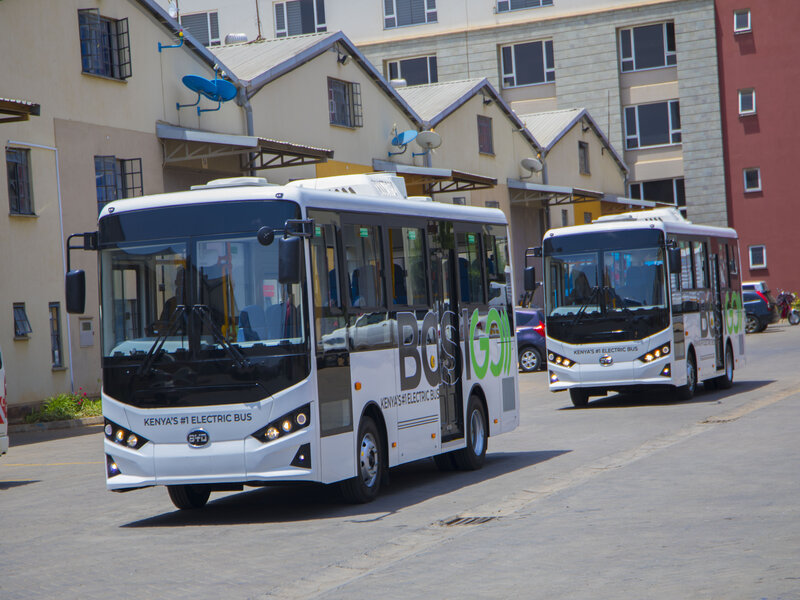In the latest move toward e-mobility by East Africa’s largest economy, Kenya aims to create a unique tariff for charging stations for electric vehicles that will be less expensive than the typical domestic customer.
The pricing plan made public in Kenya Power’s application to the sector regulator, the Energy and Petroleum Regulatory Authority, will price use of 200–15,000 kWh at Sh17 per kWh, less than the planned standard residential tariff of Sh21.68 per unit.
The tariff is anticipated to remain in place until 2025, giving e-mobility investors stability.
“The adoption of the new consumer classifications and pricing reflects market trends. The demand for and expansion of e-mobility would be impacted by an unique e-mobility pricing, according to Kenya Power.
The utility has been at the forefront of the switch to electric vehicles and has started building public, commercial, and residential charging infrastructure.
In order to test the charging hubs, Kenya Power plans to build an e-mobility network infrastructure system in Nairobi and Nakuru.
One of the main barriers to the complete acceptance of e-mobility has been the lack of charging infrastructure for electric cars and motorbikes, which has led the utility to take the lead in the move.
A nationwide rollout of e-mobility infrastructure will take between 18 months and two years, while the six-month Kenya Power trial project, which started in September, is anticipated to take six months.
The utility that announced intentions to phase out diesel and gasoline cars last year claimed it has the capacity to charge 50,000 buses and two million motorcycles during non-peak times.
The state-owned business announced that it would set aside Sh40 million for the pilot purchase of three electric vehicles in the fiscal year ending in June 2023.
The company is looking to buy 50 long-range electric bikes in the medium term as part of a bigger effort to phase out fuel-powered motorbikes from its fleet.
Electricity generating company KenGen, which debuted its first electric vehicle (EV) fleet in December, has also emerged as a leader in the transition process.
Two sport utility vehicles (SUVs) and two double cabin pickups make up the fleet, which is anticipated to offer the organization first-hand knowledge and data to guide policy formulation.
In addition, KenGen has two internal EV charging stations in Nairobi and Naivasha and plans to install 30 EV charging stations by the end of the year.
EV companies that have been testing electric buses in the nation, such BasiGo and Roam, are some of the possible users of the new EV charging stations and the recipients of the special e-mobility price.
For instance, BasiGo and Associated Vehicle Assemblers Limited signed a new agreement earlier this week to construct more than 1,000 electric buses over the course of three years.
In the medium run, BasiGo also intends to develop EV charging infrastructure in order to diversify its sources of income.



